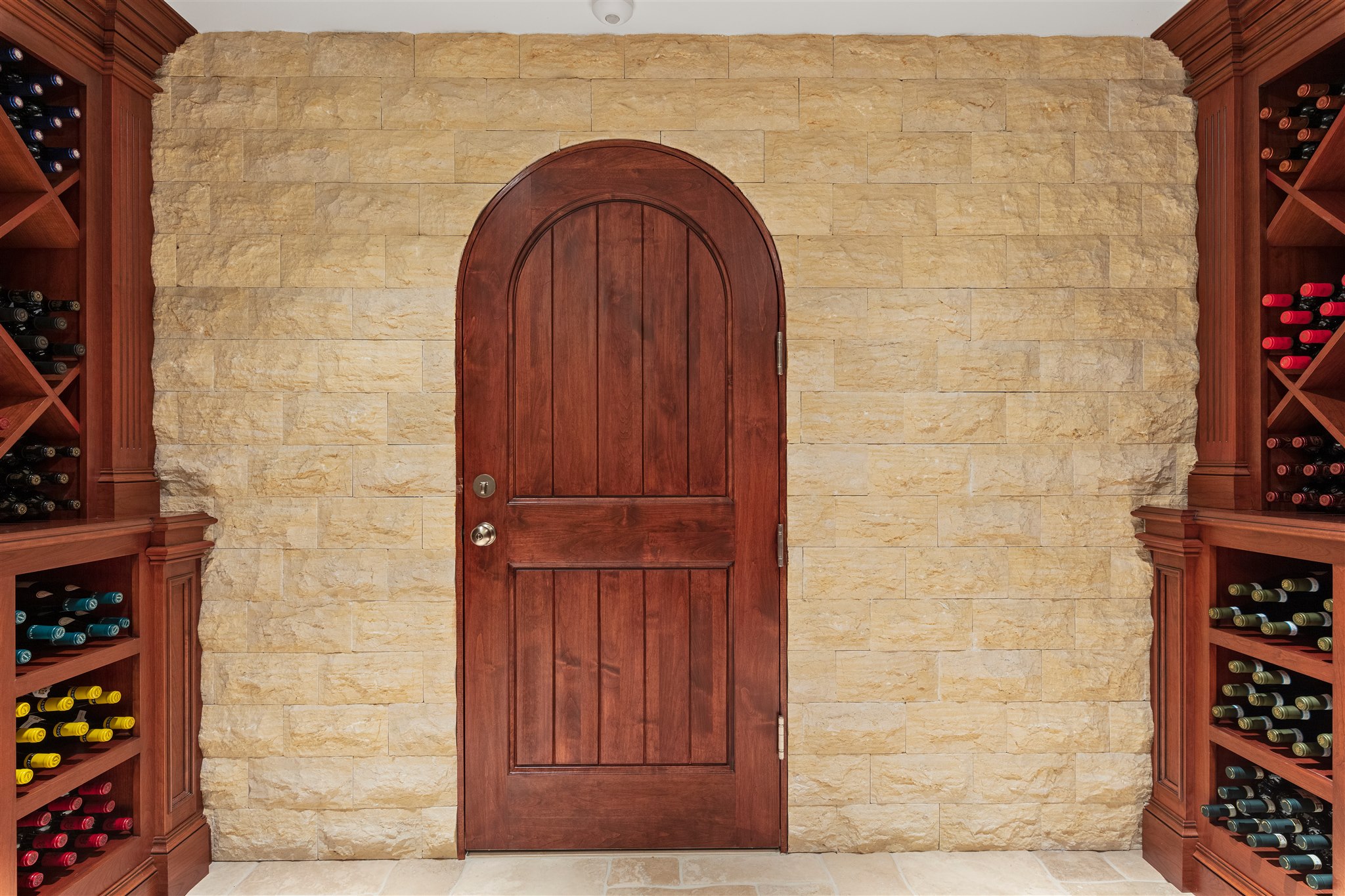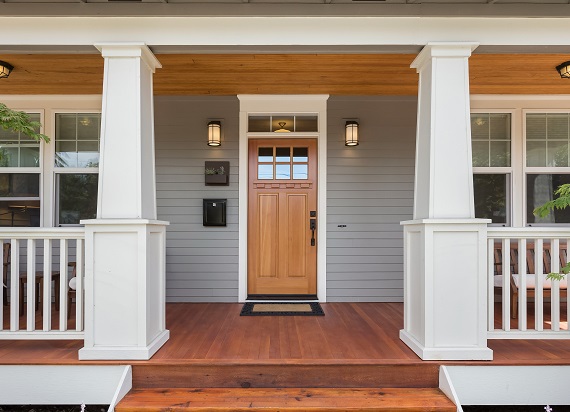Entrance doors play a critical role in the overall security and aesthetic of your home or business. They are the primary focus of curb appeal while simultaneously enhancing your visitors’ first impression and security of the property.
There are several factors to review when selecting an exterior door since each type and material has its advantages and drawbacks. The door helps set the tone for your property, and with the range of styles and designs available, you’re sure to find the most suitable exterior door.
Understanding your needs, overall aesthetic, and determining what’s reliable such as general-purpose draft stop access panels, will make the selection more accessible and appropriate. While choosing from a wide variation of doors may be a bit overwhelming, this article will introduce you to the most commonly used materials for exterior doors.
Steel
When it comes to durability and protection, steel-made doors come second to none. They are undeniably more robust than other materials while adding an extra layer of security for your home or business.
Some of its other impeccable features are:
Cost-efficient
Its core insulation feature promotes energy efficiency
Resistant to extreme weather and warping
Require little maintenance
In addition, vinyl-coated steel doors are also resistant to external elements that can potentially damage the parts of the door. Its robust features, steel doors are surprisingly customizable. For instance, if you are trying to accomplish a rustic tone but desire the benefits of a steel door, several manufacturers have embossed wood grains and stained the doors in brown or any rustic color of your choice.
You can also alter its natural silver or gray color with other colors in the spectrum, although you may have to repaint it now and then. Overall, if you are looking for supreme protection and durability, then a steel door is just what you need.
Wood
Wooden doors are the gold standard of exterior doors thanks to their reliability and classic look. They are also highly customizable and sturdy, but these excellent features come with a hefty price tag.
Here are some of its additional features:
Heavy and durable, yet it exudes an elegant and traditional tone
Stable and impervious to dents
Offers glass features
Highly customizable
Offers a wide array of options to fit any budget — from inexpensive composite woods or pine to the more luxurious mahogany or maple
Every door material has its own set of drawbacks, including wooden exterior doors. Manufacturers either paint or stain wooden units with a color that either matches or complements the outer wall. However, it requires additional maintenance since its colors can quickly fade over time.
In addition, wooden doors are particularly susceptible to rotting and warping, especially once exposed to outside harmful elements. They are also easily the most expensive type of door, considering the initial installation and the regular maintenance.
Fiberglass
Fiberglass exterior doors, on the other hand, require very little maintenance throughout their lifetime. They are incredibly durable and resistant to weather, making fiberglass a growing trend in the construction industry.
Fiberglass also offers other noteworthy attributes, such as:
Easy installation
Extremely durable
Low maintenance
Energy-efficient due to foam core insulation
Available in different wood grain textures to mimic the look of an actual wood door
High-quality composite construction makes fiberglass an ideal choice for extreme climates and high-traffic entrances
Fiberglass doors are also warped, rot, and shrink resistant and are highly customizable with a plethora of finishes, including stained-wood and painted finish. Overall, fiberglass doors offer the durability and elegance of wooden doors at a lower price.
Aluminum
People often use aluminum for their patios in residential homes, but they are considered excellent for commercial properties and office spaces. It is closely similar to steel doors in terms of durability, with the only difference being that aluminum doors have a wooden frame.
Here are some of its highlighted features:
Environment-friendly and resilient to corrosion and termites
Offer long warranties
Requires less maintenance
Cleans easily just by washing or dusting
Weatherproof
It doesn’t need periodical or annual repaint or repolishes
Some of its drawbacks include oxidation, water stains, and high investment cost since it requires a piece of specialized equipment during installation. Most aluminum doors are also custom-made, which would require builders to measure the dimensions of the door frame — making it an expensive exterior door choice.
The options for entry doors are virtually endless in selecting the suitable door material and type for your exterior door project. You can rely on this list to serve as a starting point in helping you understand the advantages and disadvantages of each door material so that you can efficiently narrow down your choices.
Knowing your options and understanding your overall needs can effectively help you in boosting your property’s curb appeal with the best exterior door.








